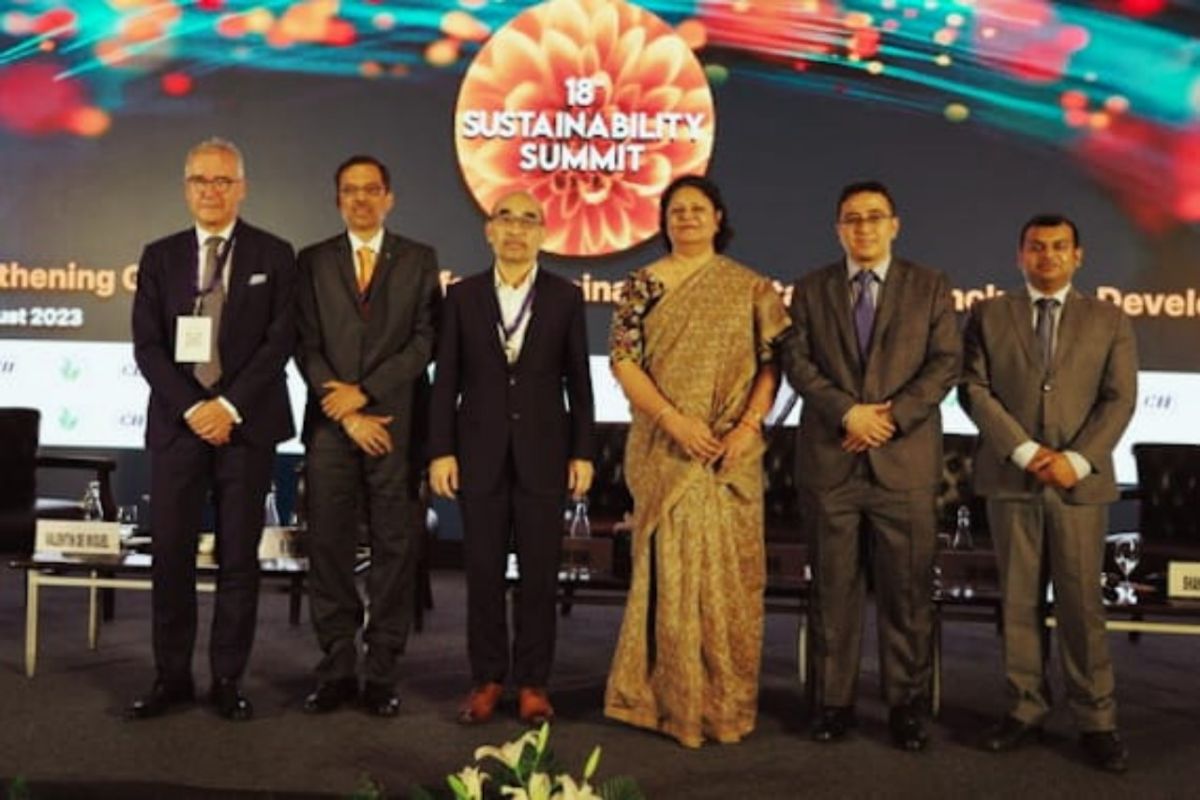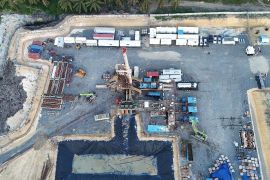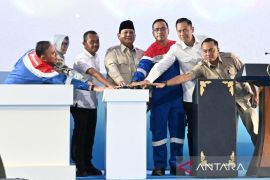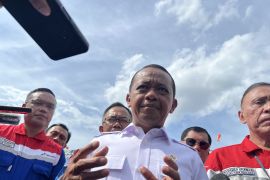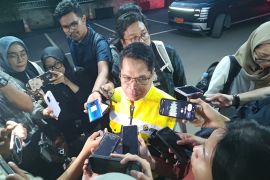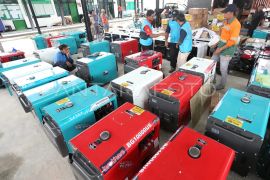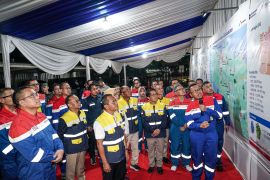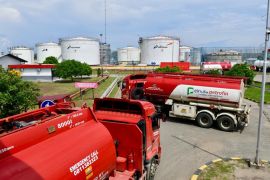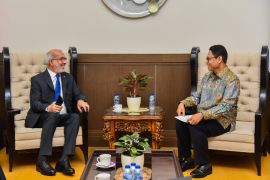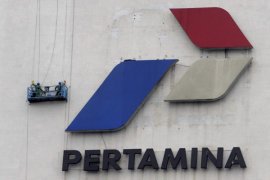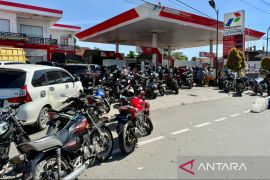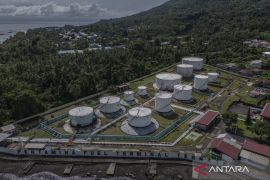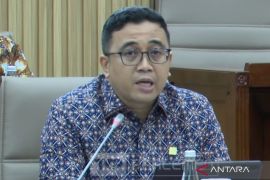Geopolitical tensions in Eastern Europe have resurfaced after the COVID-19 pandemic's catastrophic effects, posing further problems like price volatility, supply shortages, security concerns, and economic uncertainty that feed into the world's energy crises, Muraza said in a statement obtained here on Thursday.
He made the statement at the Sustainability Summit B20 in New Delhi, India on Tuesday (Aug 22).
According to Muraza, European political unrest has caused energy costs to rise dangerously, thereby endangering Indonesia's energy security and resilience.
"As a result, we must seek to improve our energy resilience while pursuing sustainability goals. How can we lower emissions and boost the production of green energy companies, ecologically friendly electricity, and other things," he said.
Oki noted that before the global crisis, Europe pioneered sustainability. However, there has been a change in the energy mix that impacts the entire planet due to reduced energy security. Europe is once again importing energy sources, such as coal.
To anticipate this, low-income developing nations, such as Indonesia and India, should work with developed countries, mainly on finance or funding.
"To solve this problem, collaboration is essential. We can use partnerships with Japan for CO2 injection in the Jatibarang area, and later, the Sukowati field as an example. To help Indonesia's energy transition, Pertamina will continue to grow its partnerships with significant finance from outside," he stated.
Oki also underlined the need for technological development for energy transition, as it increases economic feasibility. There are three blocks of eight ventures in total within the Pertamina Group.
First, Pertamina's attempts to produce green energy using geothermal energy have resulted in 672 Megawatts under its control and 1.2 GW in collaboration. In addition to creating ecologically friendly electricity, Pertamina is also producing green hydrogen in geothermal fields that has enormous potential for export markets.
Second, renewable energy (RE) that is variable, like solar PV, fluctuates with time. Grid and energy storage, more frequently referred to as batteries, should be integrated with these variable RE sources.
The third block utilizes Indonesia's plentiful energy resources, including biomass, solar energy, and rainfall. These resources are handled concurrently. Some might be transformed into bioethanol blended with gasoline, vegetable oil, or green diesel.
"How can we refine them into fuels with lower emissions, using the current infrastructure with lower emissions?" Oki asked.
Accordingly, Valentin de Miguel, Senior Managing Director of Growth & Strategy Lead Growth Market, said emerging nations must sincerely concentrate on implementation and execution to address the world's energy concerns.
Hence, it is crucial to promote innovation, research, and analysis of the dependability of alternative fuel technologies, particularly carbon capture and hydrogen. The development of these three key technologies is crucial, Miguel remarked.
Media Contact
Fadjar Djoko Santoso
Vice President Corporate Communication
PT Pertamina (Persero)
M. : +62 813-2063-0765
E. : fadjar.santoso@pertamina.com
Related news: Pertamina explores innovations to help Indonesia's energy transition
Related news: Pertamina explores energy cooperation in Africa
Related news: Indonesia's energy resilience may help it face global recession
Reporter: Azis Kurmala
Editor: Sri Haryati
Copyright © ANTARA 2023
